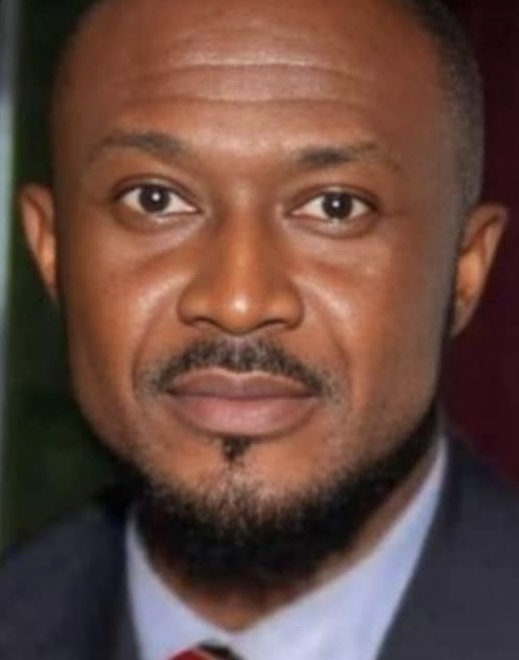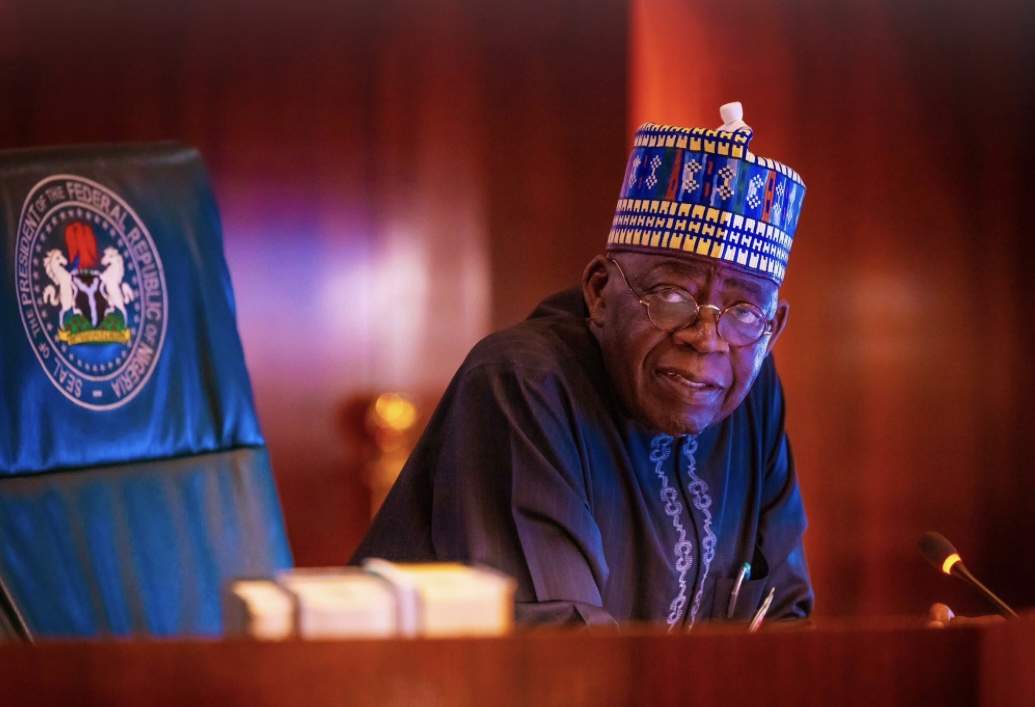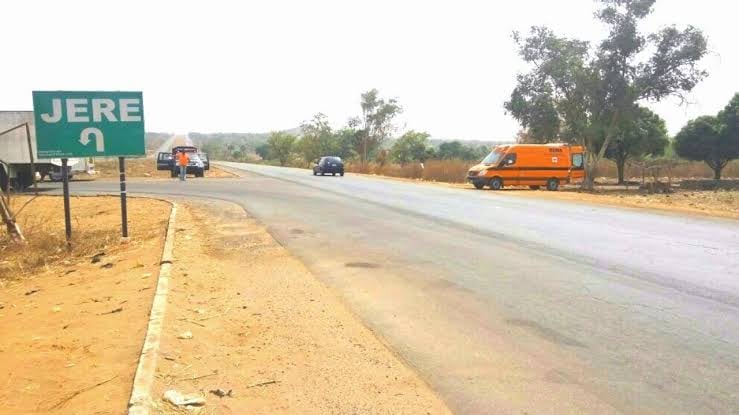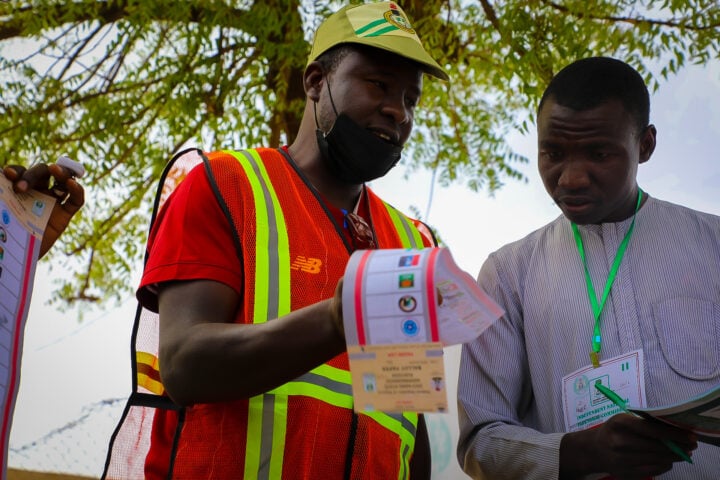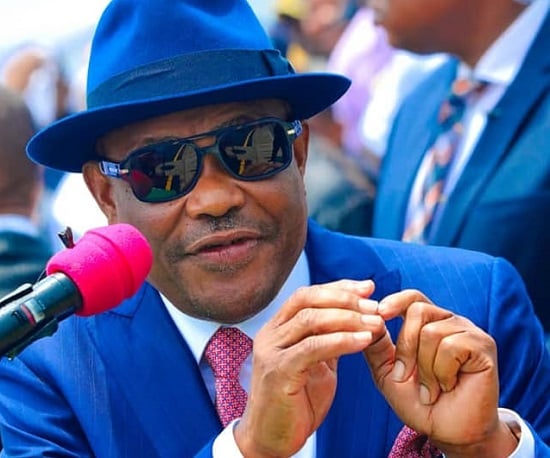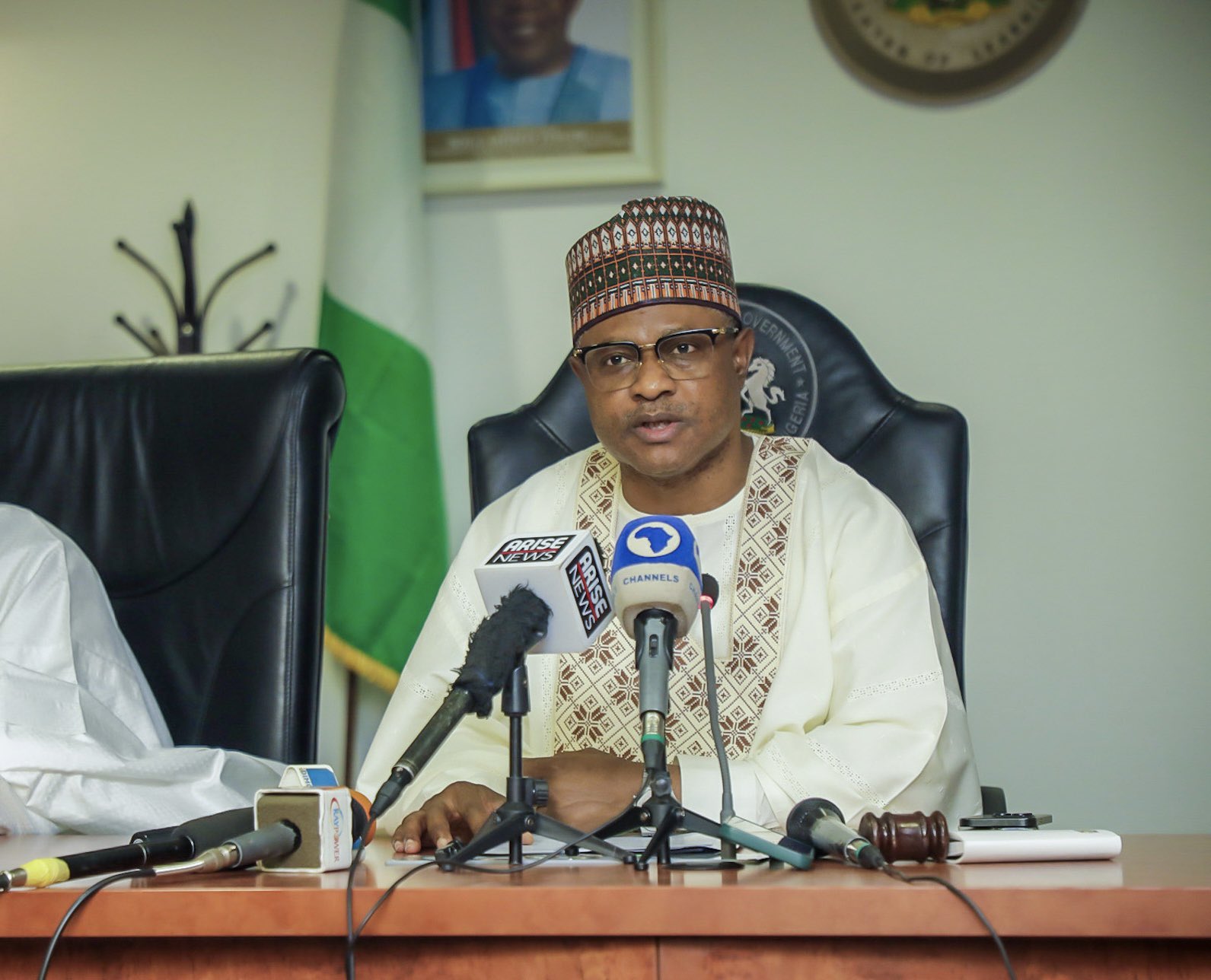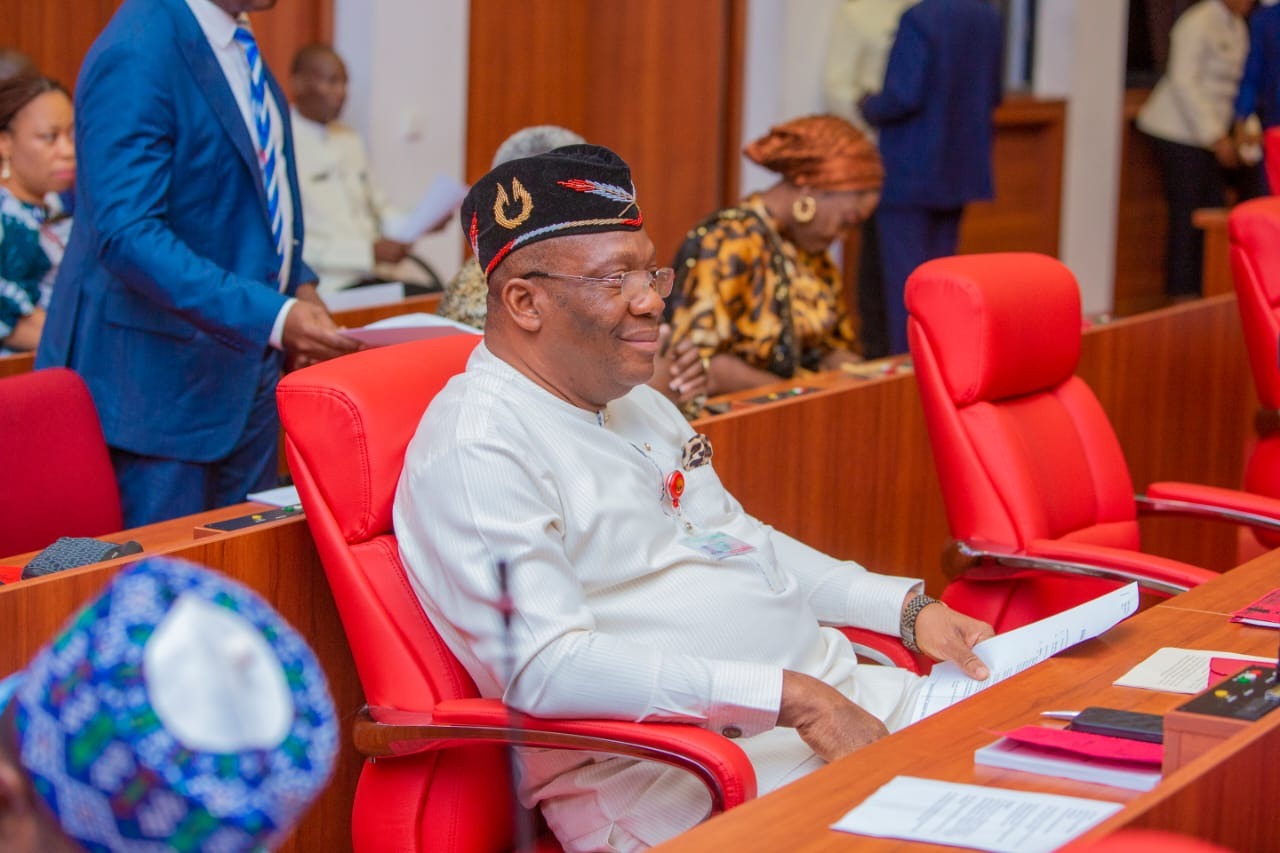In his 80-page Renewed Hope policy document released in the build-up to the 2023 general election, President Bola Ahmed Tinubu listed some action plans. Top on his priority lists were national security, economy, agriculture, power, oil and gas, transportation and education. He said his objective was to foster a new society based on shared prosperity, tolerance, compassion, and the unwavering commitment to handling each citizen with equal respect and due regard.
And to ensure his campaign promises unfold into a pleasant reality, the president, at the maiden Federal Executive Council (FEC) meeting held in August this year, unveiled a more vivid eight-point agenda to turn around the economy and make life comfortable for all Nigerians. Encapsulating the action plans in the 8-point agenda, he relisted the eight priority areas to include food security, ending poverty, economic growth and job creation, access to capital, improving security, rule of law, fighting corruption and improving the playing field on which people, particularly companies operate.
Since assuming office, President Tinubu has unleashed a flurry of economic diplomacy stemming from his notion that the prestige of any country among the comity of nations is proportionally dependent on its social and economic realities, which explains why governments around the world embark on missions to create an enabling environment to attract both local and foreign investments.
President Tinubu started firing from all cylinders the moment he and VP Shettima took their oath of office. To begin with, he embarked on ambitious plans of warming Nigeria’s way back to global relevance. Beyond the avalanche of domestic reforms being implemented to create an investment-friendly Nigeria, the president and his deputy have also assumed the position of Nigeria’s marketers-in-chief.
Advertisement
At the 78th Session of the United Nations General Assembly (UNGA) held from September 20-23, 2023 where he delivered his maiden address to the General Assembly on September 20, President Tinubu shot straight, telling the world that “the greatest economy is Nigeria with immense investment opportunities,”. He noted that Africa is not a problem to be avoided or pitied, he said, “Africa is nothing less than the key to the world’s future”.
That the President Tinubu and Vice President Shettimasynergy is redefining and setting the pace in president/vice president harmony is to say the least in the mildest way. This smooth working relationship between them stems from Shettima’s unwavering and natural loyalty to his boss. The Tinubu government is only five months old in office, but within this period, VP Shettima and his boss have struck a balance never seen in this part of the globe.
The cumulative effects of this synergy are the positive issues arising from the presidential global engagements that have continued to dominate headlines and possibly for some time to come. Some of the high-hanging fruits, which have resonated well with Nigerians, came in handy by way of the recent bumper achievements recorded by the Nigerian delegation under the leadership of President Tinubu to the 3rd Belt and Road Initiative (BRI) Forum in China, as well as the Norman Borlaug International Dialogue, World Food Prize 2023, in Des Moines, Iowa, United States of America.
Advertisement
In China where significant milestones in the nation’s journey towards economic prosperity were made, VP Shettima joined world leaders from over 130 countries in Africa, Asia, Europe and Latin America at the forum to deliberate on the theme, “High-quality Belt and Road Cooperation: Together for Common Development and Prosperity.” The Vice President availed Nigeria of the platform provided by the forum to woo investors for more developmental projects at high-powered bilateral meetings with other world leaders. He also promoted Nigeria’s trade and investment relations in line with the economic development agenda of the Tinubu administration.
One of the most significant breakthroughs was China’s renewed commitment to the completion of the long-awaited Lagos – Ibadan, Abuja-Kano and Port-Harcourt-Maiduguri railway projects, as well as the Lagos-Ibadan railway. This, economic experts believe, will not only revolutionise the country’s transportation sector but also foster regional connectivity and economic integration. Moreover, the commitments in power generation and digital economy mark crucial steps towards addressing Nigeria’s energy challenges and advancing technological innovations, crucial for sustaining long-term growth.
The signed Memoranda of Understanding (MoUs) valued at $2 billion, alongside the $4 billion worth of letters of intent, reflects the substantial inflow of foreign direct investment into key sectors such as technology, automotive and infrastructure, underlining the growing confidence of international partners in Nigeria’s economic potential. These agreements, which include partnerships with the National Agency for Science and Engineering Infrastructure (NASENI) and various Chinese corporations, are poised to drive job creation, technological advancements and overall economic diversification.
Furthermore, the agreement on the construction of the Lekki Deep Blue Seaport contract is a testament to the enduring appeal of Nigeria as a premier investment destination. Such projects not only bolster Nigeria’s status as a regional economic powerhouse but also solidify its position as an industrial hub, attracting diverse industries and promoting sustainable economic growth.
Advertisement
The collaborations with renowned Chinese companies, encompassing fields such as technology, construction, and communications underscore the multifaceted nature of the strengthened Nigeria-China relationship, ushering in an era of enhanced technical capabilities, infrastructure development and knowledge transfer.
At the Norman Borlaug International Dialogue, World Food Prize 2023, in Des Moines, Iowa, United States, it was another bumper harvest, as Vice President Shettima wooed investors from the United States and other countries. He said Nigeria remains the best place to invest given its 70 million hectares of underutilised arable land, which he said is 75% of the country’s total land mass. He told them that under President Tinubu’swatch, Nigeria has since demonstrated that the Agrifood sector is a top priority.
An instant gain from the VP’s engagement in that country was the resolve by an American company, John Deere, to invest in Nigeria’s agricultural sector, first by setting up a tractor assembly plant in Nigeria. The decision was taken during a meeting between VP Shettima and top officials of the firm led by its Vice President on Production Systems, Mr Jason Brantley. The meeting was facilitated by the Chairman of Flour Mills of Nigeria, Mr John Coumantaros, a long-time investor in Nigeria.
Just as one would think it was already enough takeaways, the African Development Bank (AfDB), Islamic Development Bank (IDB) and the International Fund for Agricultural Development announced at the Norman Borlaug International Dialogue that they have voted a whopping $1 billion to further deliver on the Special Agro-Industrial Processing Zones (SAPZs) in 24 states of Nigeria. President of the African Development Bank Group, Dr. Akinwumi A. Adesina, said the decision to pump such huge funds was to develop SAPZs in 13 countries.
Advertisement
President Tinubu’s administration’s strategic efforts to create a conducive environment for business and investment have undoubtedly paved the way for these remarkable achievements. The emphasis on fostering mutual international cooperation and the removal of bureaucratic bottlenecks demonstrates Nigeria’s commitment to building robust partnerships that prioritise respect, mutual benefit and non-interference. These are essential pillars for sustainable global relations.
Just as VP Shettima told the investors in the United States that Nigeria is committed to transforming agriculture as a pathway to tackling insecurity and improving the livelihoods of smallholder farmers, President Tinubu is, indeed, taking the courageous decision to revamp Nigeria’s economy. There may be painful reforms as certain opposition elements are trying to project them before the citizens, but they are necessary to ensure the long-term sustainability of the nation’s economy.
Advertisement
Tony Blair, a former Prime Minister of the United Kingdom, once said, “Anyone can say yes, but the hallmark of leadership is the ability to say no when you should.” This statement underscores the inevitability of courageous decisions in leadership, and it is a quality that President Tinubu has demonstrated in unmistakable terms.
On the other hand, Vice President Shettima is another leader who embodies the qualities of loyalty, courage and vision. In a country where tribalism and regionalism are often used to divide and conquer, Shettima remains a staunch believer in the unity and progress of Nigeria.
Advertisement
The VP has consistently demonstrated his commitment to a united Nigeria where every citizen is treated equally, regardless of their tribe or ethnicity. His unwavering loyalty to the people of Nigeria is evident in his selfless service and dedication to the betterment of the country. He is a man who puts the needs of the nation above his own personal gains, always tirelessly working towards the progress and development of the nation.
The achievements at the Forum in China and the Dialogue in the United States are not just a cause for celebration but also a testament to the unwavering commitment to Nigeria’s infrastructural development. The substantial investments and agreements signed during these fora signal a promising future for Nigeria, indicating the emergence of new opportunities and partnerships that would undoubtedly propel the nation towards greater heights.
Advertisement
As the nation progresses on this path of growth and innovation, it is imperative to sustain this momentum, ensuring that the benefits of these partnerships are effectively harnessed for the holistic advancement of Nigeria and its people as the power of strategic alliances and international cooperation in fostering sustainable development and economic prosperity cannot be overemphasised.
Nkwocha is the Senior Special Assistant to the President, Media and Communications (Office of the Vice President) and can be reached on X @stanleynkwocha_
Views expressed by contributors are strictly personal and not of TheCable.
Add a comment
